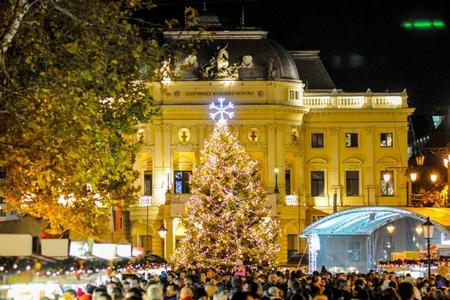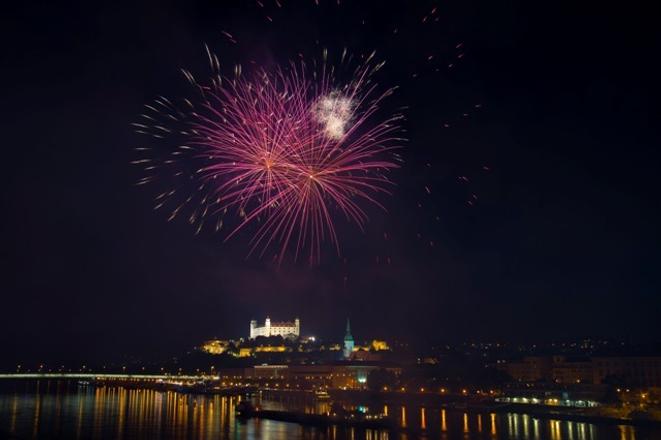The Guardian wrote about Bratislava on January 2, on the occasion of the 25th anniversary of Bratislava becoming the capital of a newly independent Slovakia.
“No longer in the shadow of Vienna, Budapest and Prague, the Slovak capital is shaking off its dour Communist-era reputation and rediscovering its position in the heart of central Europe,” writes Andrew MacDowall. The engine of Slovakia’s fast-growing economy, the city has developed tech and media companies, while increasing numbers of tourists are coming to enjoy its baroque palaces, fairy-tale cobbled streets and affordable bars, the story reads.
MacDowall describes both the upsides – like the vibrating life, fast-growing economy, historical monuments and picturesque alleys – and the downsides (mostly traffic and transport, development projects not so welcomed by inhabitants as well as the too quick and often uncontrolled expansion in the 1990's).

But in the end, MacDowall – who interviewed figures like current Mayor Ivo Nesrovnal, his predecessor Milan Ftáčnik and the future candidate for this position, architect Matúš Vallo – sees Bratislava as a “very liveable” place with a rich history and promising future.
“Bratislava now doesn’t have anything to prove to anybody,” says Vallo for The Guardian. “The city has a liquid identity that we can shape.”



 New Year´s Eve fireworks in Bratislava (source: TASR)
New Year´s Eve fireworks in Bratislava (source: TASR)